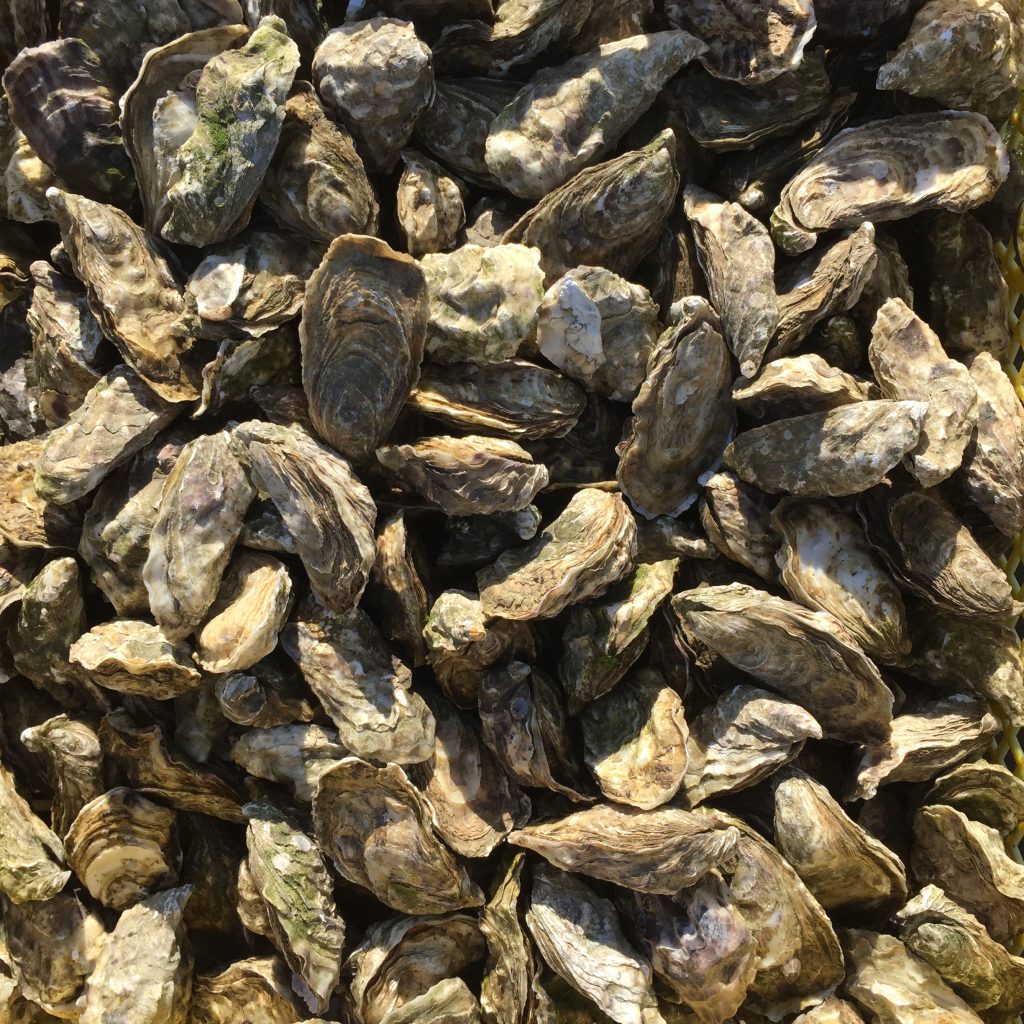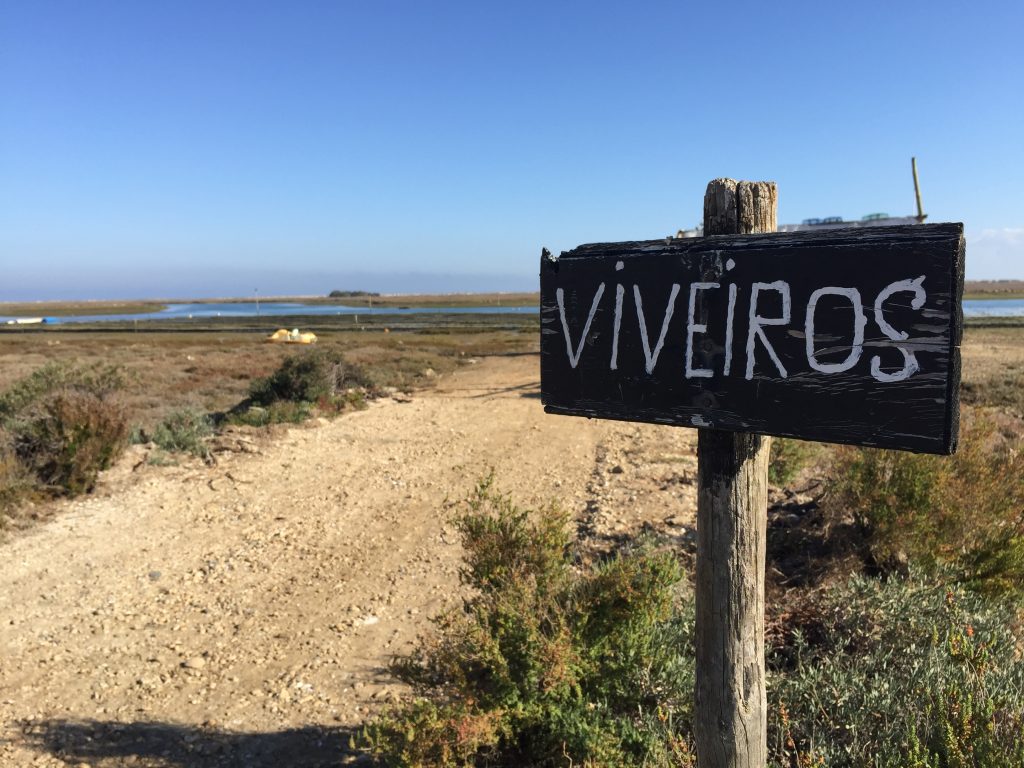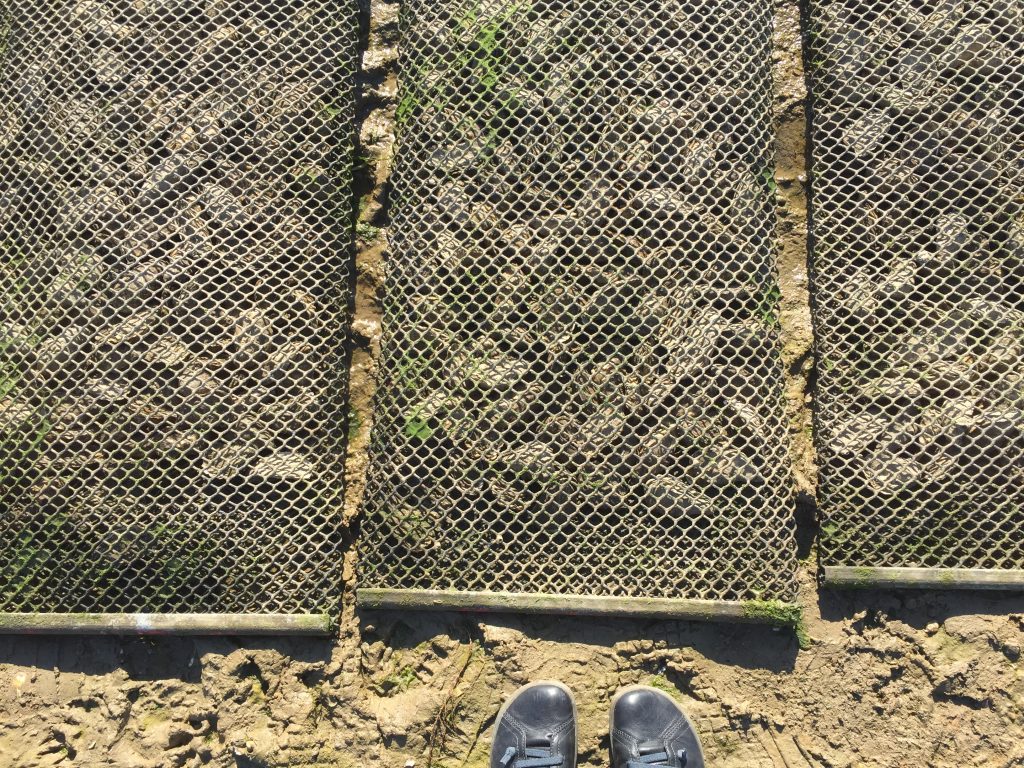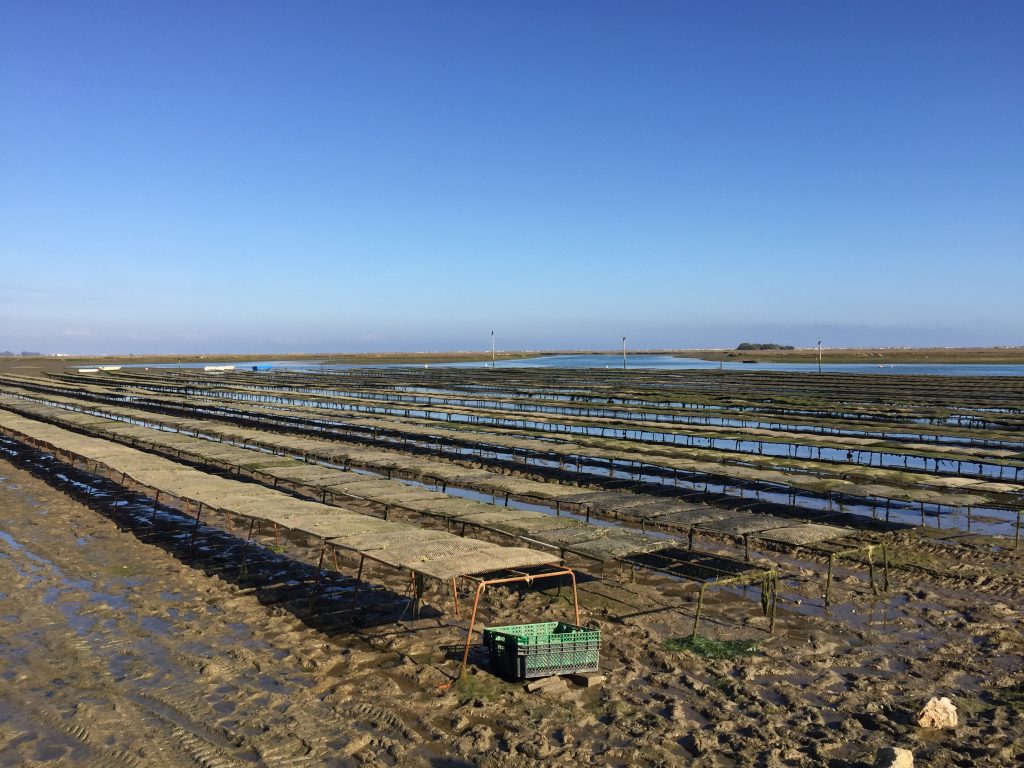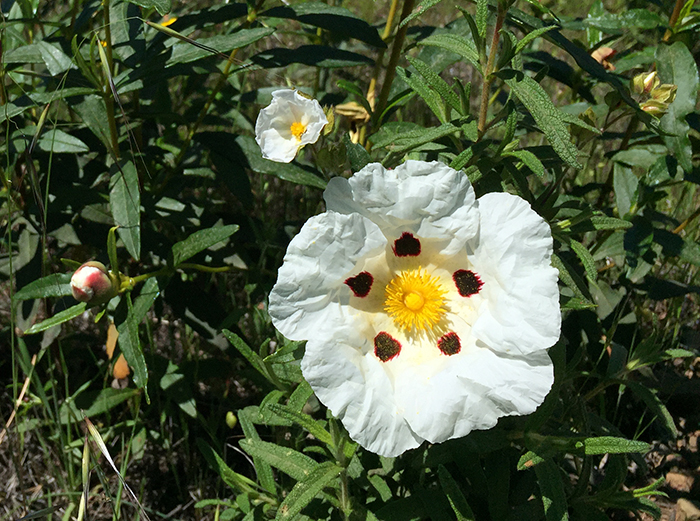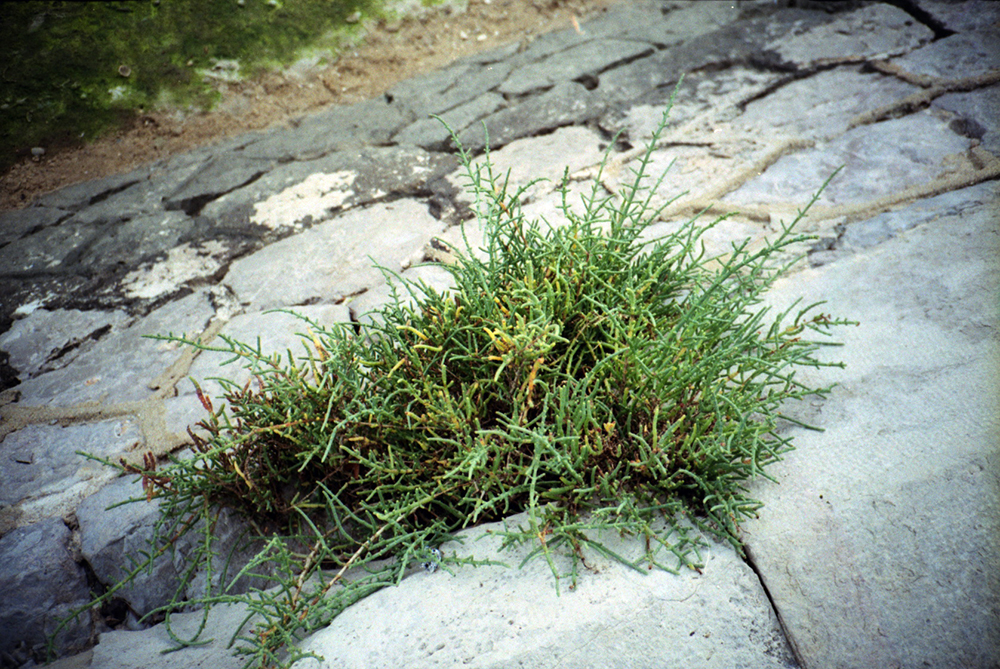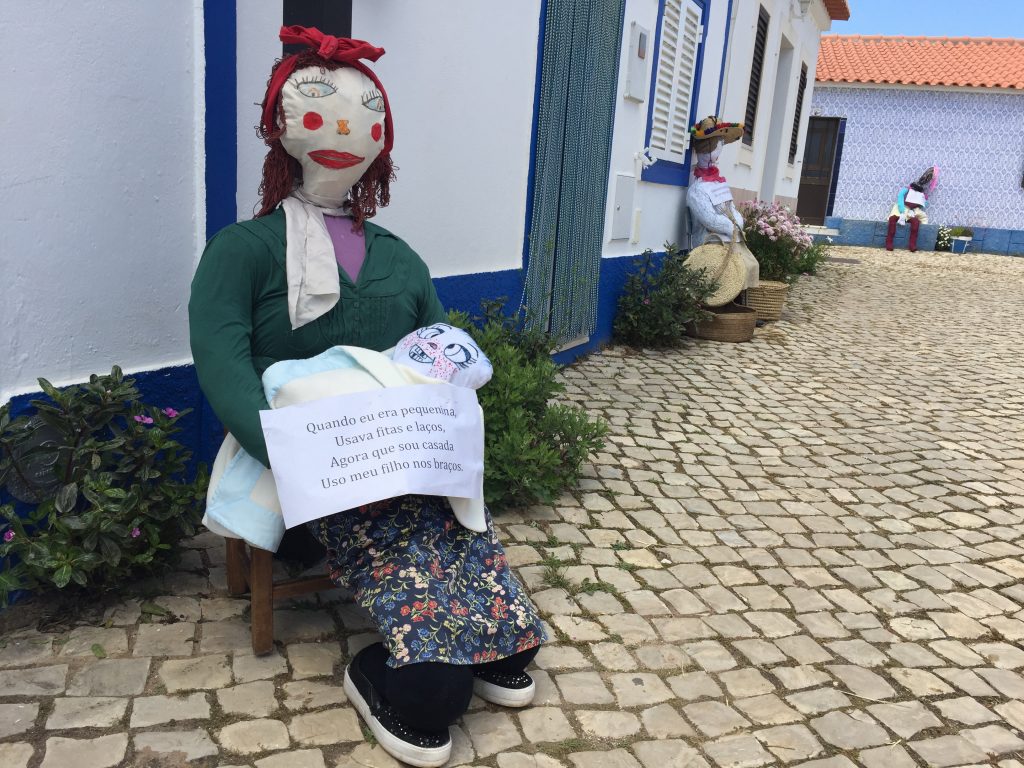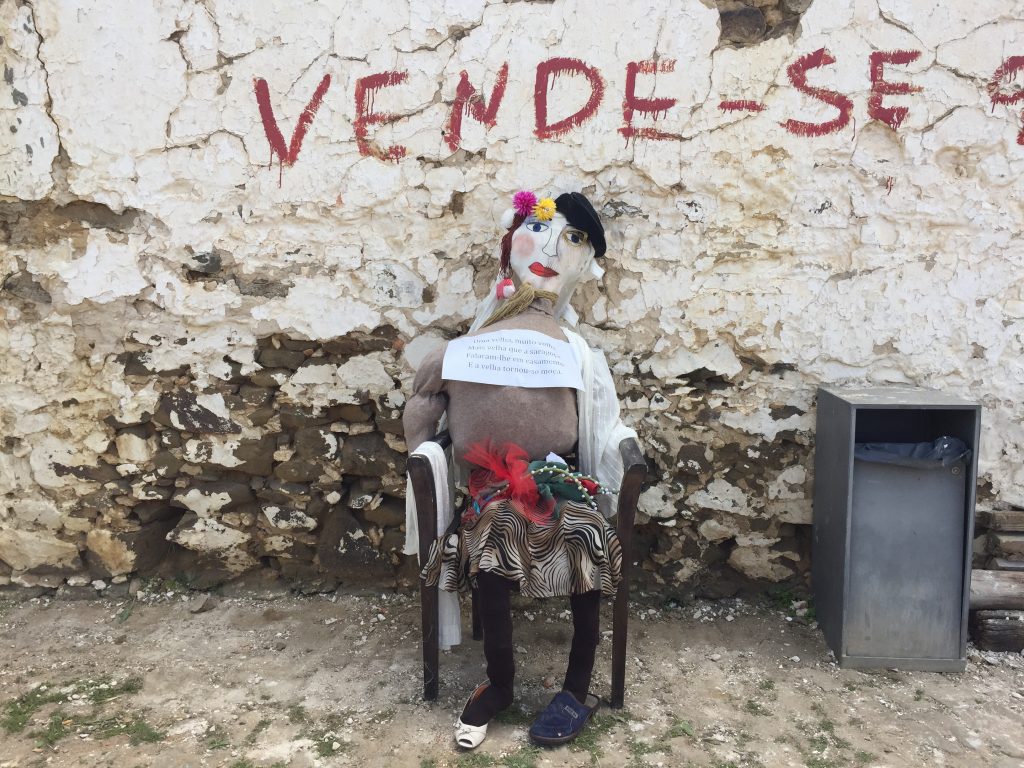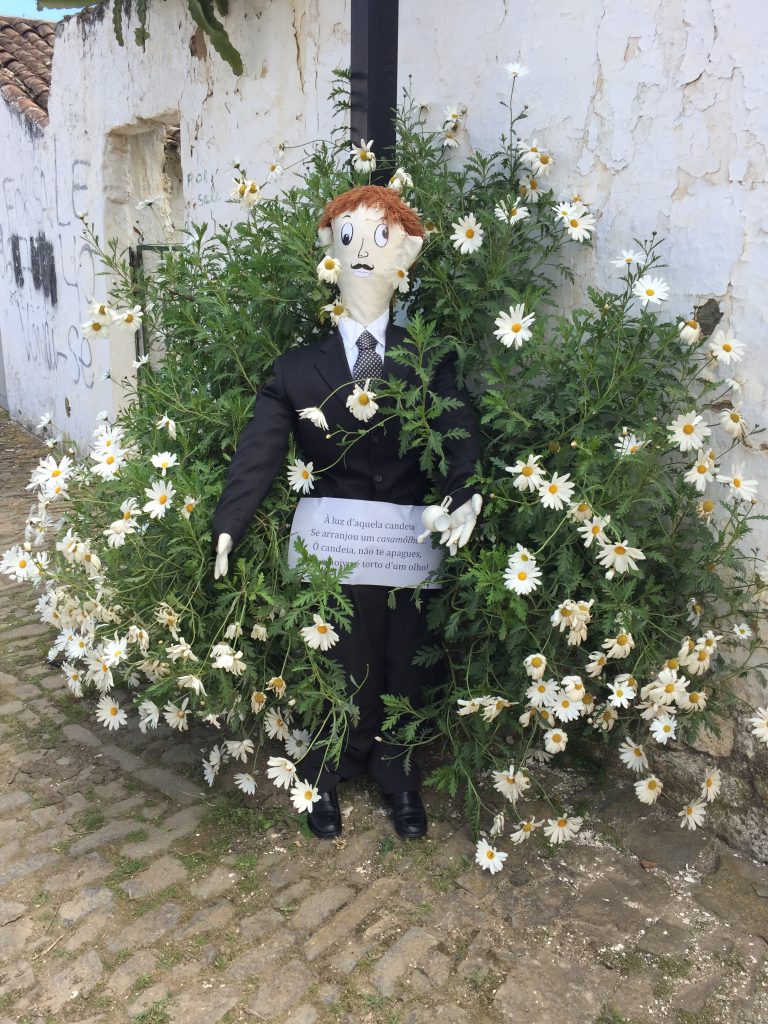summer came late and then all of a sudden. the roads and the beaches filled with tanned bodies, the scent of sunscreen lotion permeating the air. new voices and accents and honks invading our quiet bubbles, their cars parked every which way down the street.
the hills have gone dry and the children cries alternate between pool-side delight and tired tantrums. grass trimmers and pool motors buzz away, giving the cicadas a run for their money. the swallows come and go, like pendulums over our heads. our bodies stick to chairs during the day and to sheets at night.
our favourite restaurants are full, as are the supermarket’s tills… but we don’t really mind. far from invaders, tourists are powering the workforce of the local communities who live for the summer months. they drive the boats, cook the meals, clean the houses and everything else — and they need these months of business to get through the rest of the year.
but for us, summer is the time to leave it all to them. “when the heat dies down, i’ll be back in town”, as they say. :)

